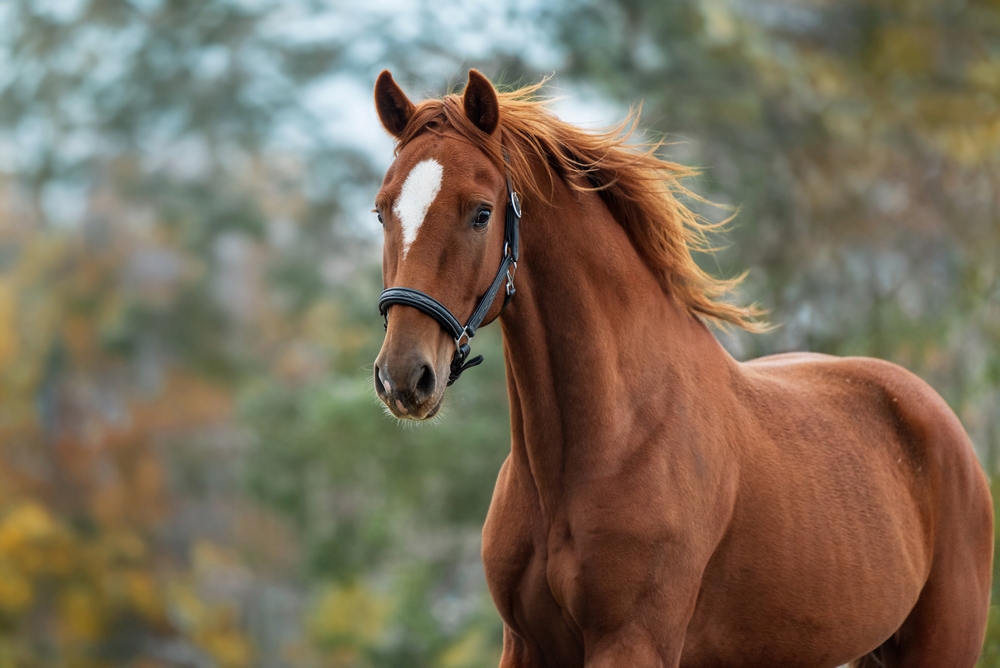Source: Nature
Five cloned horses in Argentina have become the first of their species to be gene-edited with CRISPR–Cas9, sparking debate across the polo world. Developed by Kheiron Biotech, the horses carry a modification to the myostatin gene, designed to enhance muscle growth and speed. While scientists see the achievement as proof of CRISPR’s potential, the Argentine Polo Association has banned their use, citing threats to tradition and livelihoods, echoing similar restrictions by global equestrian bodies.
The controversy highlights the growing role of CRISPR in agriculture. Companies like Acceligen have produced gene-edited cattle with slick coats to tolerate heat stress, aiding food security in a warming climate. In India, CRISPR-edited sheep were created to boost muscle mass for meat production. Gene-editing has also yielded disease-resistant pigs and GalSafe pigs, designed to produce hypoallergenic meat and potentially safer organs for human transplants. As techniques improve, CRISPR is moving from experimental promise to commercial reality worldwide.
Read the full story HERE: https://www.nature.com/articles/d41586-025-02800-7

